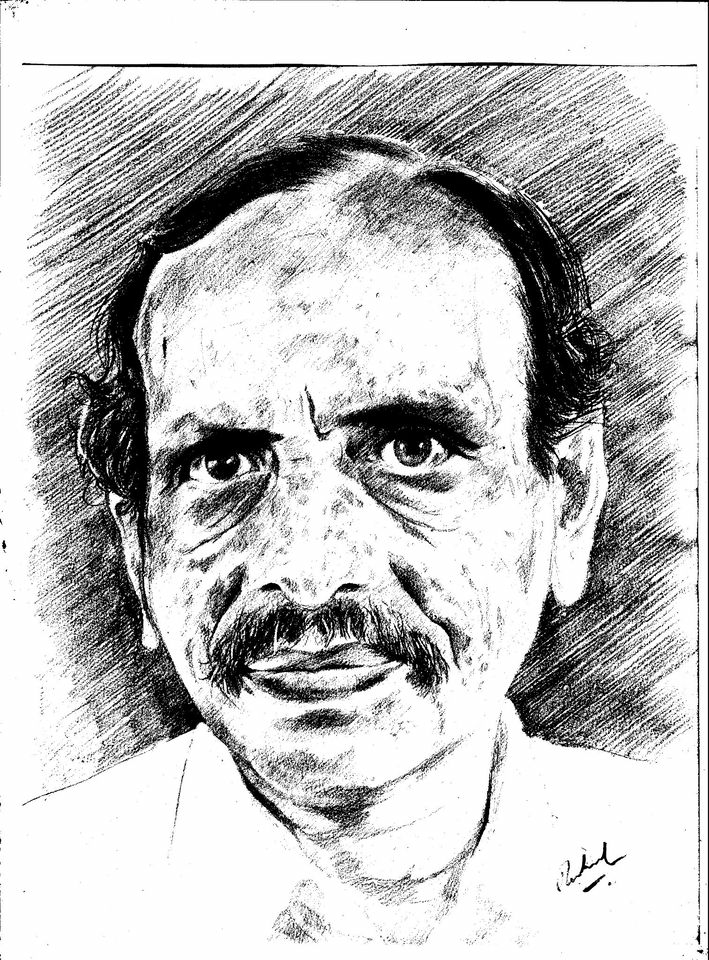$\newcommand{\DD}[2][]{\frac{d^2 #1}{d^2 #2}}$
$\newcommand{\matrixelement}[3]{\langle#1|#2|#3\rangle}$
$\newcommand{\PP}[2][]{\frac{\partial^2 #1}{\partial #2^2}}$
$\newcommand{\dd}[2][]{\frac{d#1}{d#2}}$
$\newcommand{\pp}[2][]{\frac{\partial #1}{\partial #2}}$
$\newcommand{\average}[2]{\langle#1|#2|#1\rangle}$
qm-lec-09009
- Given the state of the system at a time $t_0$, the state vector at any other time is related to it by a unitary transformation $U(t,t_0)$. $$ \ket{\psi t} =U(t,t_0)\,\ket{\psi t_0} $$
- The equation of motion of quantum system is the Schrodinger equation $$ i\hbar {d\over d t}\, \ket{\psi t} = \hat{H} \ket{\psi t} $$ where $\hat{H}$ is the Hamltonian operator of the system.
- The time evolution operator satisfies the equation $$ i \hbar {\partial\over \partial t}U(t,t_0) \ket{\psi t_0} = \hat{H}(t)U(t,t_0)\ $$
- If the Hamiltonian does not depend on time, the evolution operator is $$ U(t,t_0) = \exp [ -i\hat{H} (t-t_0) /\hbar ] $$
- The average value of a dynamical variable,$\hat{F}$, satisfies $${d\over dt}\, \langle \hat{F} \rangle = \langle{\partial\hat{F} \over \partial t} \rangle + {1\over i\hbar} \langle\, [\hat{F},\hat{H} ]\, \rangle $$
- A dynamical variable is a constant of motion if it commutes with the Hamiltonian.
- The energy eigenstates of a system are staionary; they do not change with time. The state vector of a stationary state at any time is equal to the initial state vector multiplied by a numerical phase factor.
- The average value of a {\it constant of motion} $G$ is independent of time in every possible state of the system including nonstationary states.
- The avearge value of every dynamical variable is independent of time in stationary states.
Exclude node summary :
y
Exclude node links:
0






 ||Message]
||Message]
